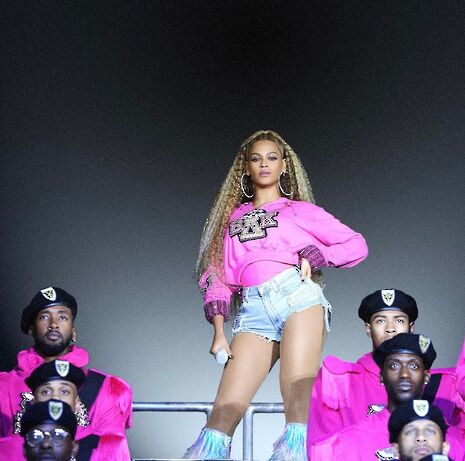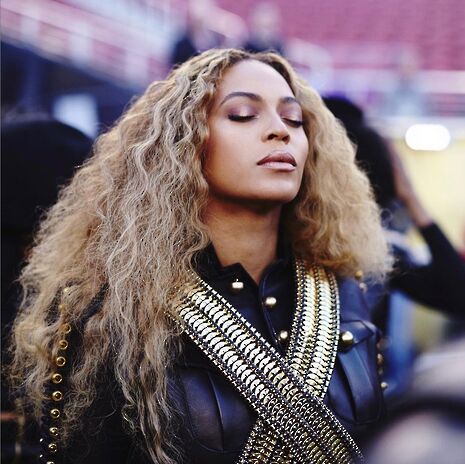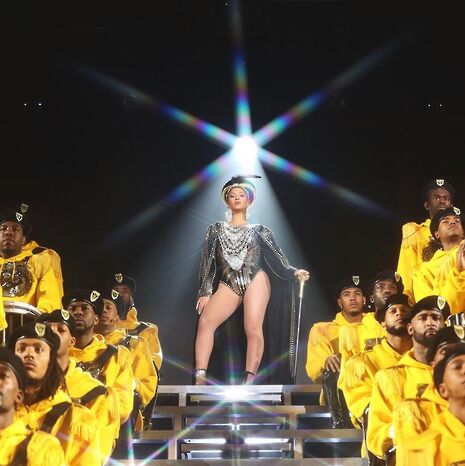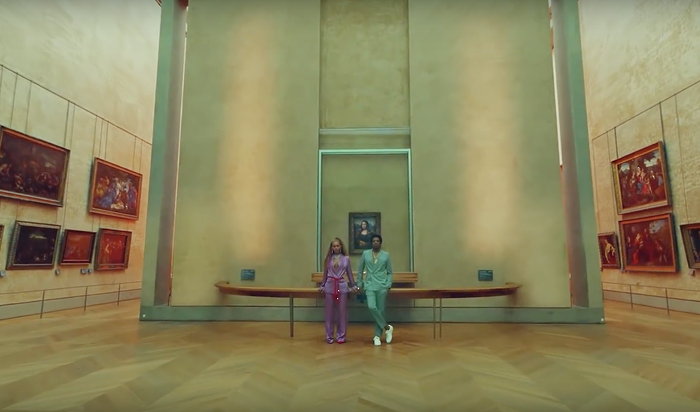What Beyoncé means to me
With the release of Homecoming, Kwaku Gyasi reflects on the importance of Beyoncé as an artist, both personally and universally

Beyoncé is one of the most recognisable names in popular culture and one of the most influential figures in the music industry of the 21st century. Her many talents, work ethic and poise as a public figure are often lauded and scrutinised. With the continual focus on what surrounds her stardom (her visuals, her personal life, her politics, etc.) it gets easy to forget that Beyoncé, first and foremost, is a performer, and her music is what allows so many around the world to connect with her and relate to her. Fresh off the release of her concert film and live album Homecoming, which immortalises her historic 2018 performance at Coachella and serves as a greatest hits compilation of sorts, I wanted to reflect on the significance her music holds for me.
As with any popular artist, Beyoncé’s music toes the line between extreme intimacy and broad relatability
Like any other Gen Z pop music fan, Beyoncé’s music has been ubiquitous for my whole life – one of my earliest memories is the iconic horns section from the pre-chorus of ‘Crazy in Love’ – but her 2013 album Beyoncé was the one which converted me into a die-hard fan. While well-known for her dynamic voice and brass-heavy production on songs like ‘Déjà Vu’ and ‘Ego’, the self-titled album marked a slight departure, delving into the more subdued sound of alternative R&B and making more strategic use of her range. Notably, she opened up more on songs like ‘Mine’ and ‘Ghost’, a stream of consciousness about the music industry, as well as an unwavering self-confidence on ‘***Flawless’ and ‘Yoncé’. It was liberating to see her begin to deconstruct the perfectionist public persona she had created and channel her insecurities into an album like that – despite the hundreds of millions of dollars that make her worries very different to mine.
As with any popular artist, Beyoncé’s music toes the line between extreme intimacy and broad relatability. The lovesick fury of ‘I Care’, and resigned but resilient heartbreak of ‘Me, Myself and I’ and the fierce confidence in ‘Freakum Dress’ are all feelings that she helped a generation fully embody and as we grew into our power. Many of her most well-known hits have an infectious danceability to them – learning and even making up dances on the playground to songs like ‘Get Me Bodied’ and ‘Baby Boy’ is a cherished part of my childhood as well as many other people’s. Entire Beyoncé choreographies run through my veins to be performed at inappropriate times because of hours I dedicated to painstakingly watching and emulating her performances.

That being said, what she means to me goes even deeper than that. At this point in her career, embedded in her music are layers of Black history. Her 2016 single Formation is anchored by a beat characteristic of bounce music (a high-tempo sub-genre of hip hop from Louisiana pioneered by LGBTQ Black Americans) and the song’s opening includes a quote from Big Freedia, a seemingly small act of recognition which made me feel seen as a 16-year-old queer Black boy. During Beychella (the affectionate name for her unforgettable Coachella set) she managed to segue effortlessly from Freedom into Lift Ev’ry Voice and Sing (regarded as the Black National Anthem, a triumphant hymn for Black Americans) into Formation. Tying a historically significant hymn of Black struggle into her own contemporary anthems of Black pain and resistance means so much to me and to many, using her platform to inform about the past, but also to make history with her own catalogue is heart-warming to see.
Since her beginnings in Destiny’s Child, her work has explicitly talked about solidarity and support among women, and as shallow as it may seem, her public self-identification as a feminist on 2013’s ‘***Flawless’ introduced me to the concept. While I and many others have since grown from the simplistic platitudes presented as revolutionary politics, it cannot be denied that she offered an entry point into feminism and ushered in an age where the term would be met with less derision and apprehension.

Aside from the music itself, the control Beyoncé has come to enjoy when it comes to what enters her canon, and how her audience experiences it, is inspiring to see. Now accustomed to releasing an entire body of work by surprise and all at once, she single-handedly changed the way I consume music to this day and reinvigorated the album format to mean more than just a collection of commercially viable singles.
All in all, Beyoncé’s music has served as a soundtrack to my youth, and as my peers and I came of age, she too became more outspoken, developing a point of view in her music that was more defiant and less willing to be hushed. In the public consciousness, she has come to represent a great deal for many different people – a Black woman artist who consistently works to top herself, proudly exalts her roots and femininity, not just by documenting the pain in her history, but in celebrating the best parts of life.
 News / Cambridge academics stand out in King’s 2026 Honours List2 January 2026
News / Cambridge academics stand out in King’s 2026 Honours List2 January 2026 Interviews / You don’t need to peak at Cambridge, says Robin Harding31 December 2025
Interviews / You don’t need to peak at Cambridge, says Robin Harding31 December 2025 Comment / What happened to men at Cambridge?31 December 2025
Comment / What happened to men at Cambridge?31 December 2025 News / Varsity’s biggest stories of 202531 December 2025
News / Varsity’s biggest stories of 202531 December 2025 Features / “It’s a momentary expression of rage”: reforming democracy from Cambridge4 January 2026
Features / “It’s a momentary expression of rage”: reforming democracy from Cambridge4 January 2026










